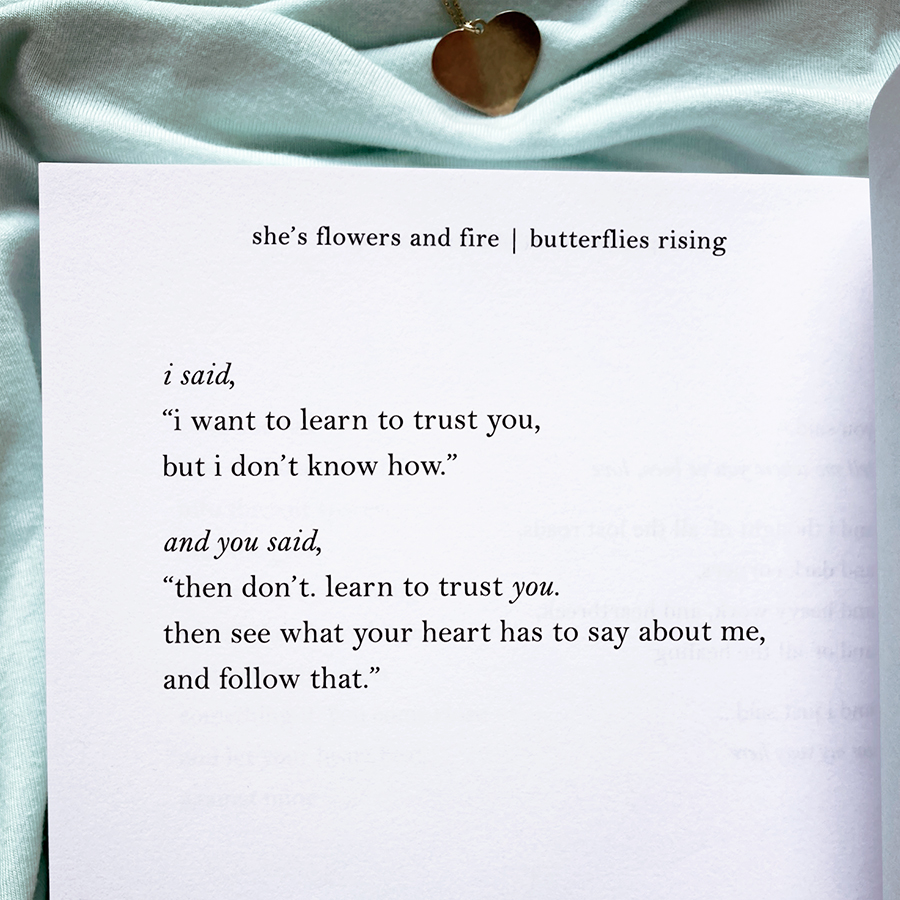Okay, so the other day I was messing around with this whole “sentiment analysis” thing. You know, trying to get a computer to figure out if a sentence is positive, negative, or just…meh. I stumbled upon this phrase, “You really, really like me!”, and thought, “Let’s see what happens here.”

First Steps: The Basic Setup
First, I fired up my trusty Python interpreter. Gotta have that, right? Then, I grabbed the NLTK library. It’s like a toolbox for all things text-related. It makes doing some of the things like tokenizing the text, super easy.
I imported the `SentimentIntensityAnalyzer` from NLTK’s `vader` module. Yeah, I know, “Vader”… sounds intense, but it’s actually pretty good at this sentiment stuff.
Breaking It Down: Tokenization
Now, before we jump into the sentiment analysis, we need to chop up the sentence into individual words. This is called “tokenization.”
I manually split the string, because, hey, It’s not difficult for this particular instance. and created something like this:
- “You”
- “really”
- “really”
- “like”
- “me”
The Sentiment Analysis Part
Alright, here’s where the “magic” happens. I initialized a `SentimentIntensityAnalyzer` object. Basically, I created a little sentiment-detecting machine. Then, I fed it my sentence: “You really, really like me!”

The analyzer spat out a bunch of scores, but the one I cared about was the `compound` score. It’s a single number that goes from -1 (super negative) to +1 (super positive). A score of 0 is neutral.
Got the result.
The compound score was somthing positive, and I see it, great!
The “Really, Really” Factor
I was curious about the “really, really” part. What if I just said, “You like me!”? Would the score be different?
So, I ran the analyzer again with the shorter sentence. And guess what? The compound score was lower! It was still positive, but not as strongly positive as before.

That means the analyzer recognized that those “really”s were actually adding emphasis, making the sentiment more intense. Pretty cool, huh?
My Takeaway
This little experiment showed me that sentiment analysis isn’t just about looking at individual words. It’s also about how those words are combined and how certain words (like “really”) can boost the overall sentiment.
I had fun doing it, that’s for sure.


